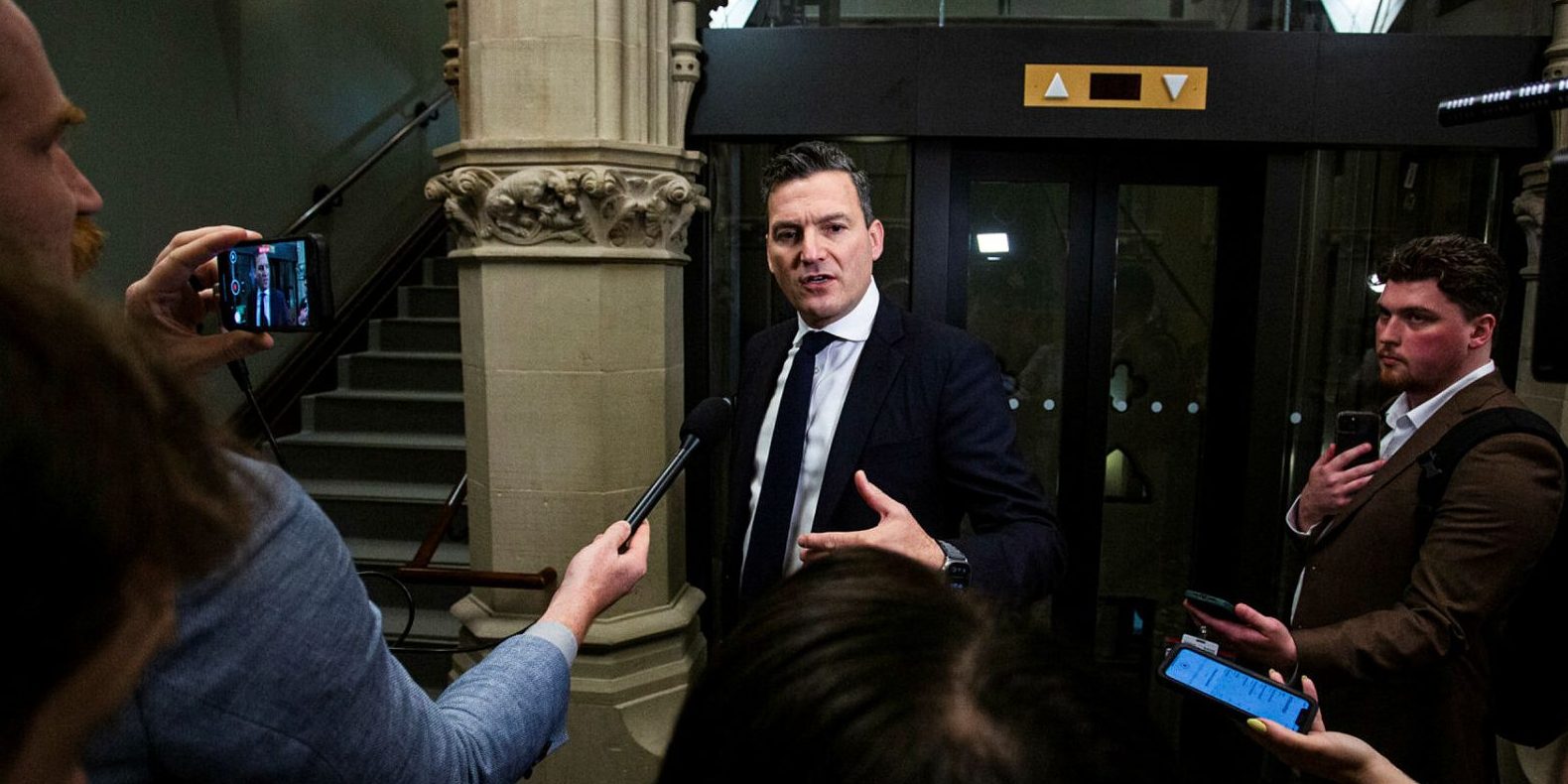AI literacy as a Canadian policy imperative

Artificial intelligence is no longer on the distant horizon, but is a defining feature of our present. Large language models like GPT, Claude, and Gemini now generate language, reasoning, and code at a scale that rivals human fluency. The European Commission’s 2024 report, AI Literacy for All, describes this moment as a “turning point in civic participation.”
For Canada, the implications are profound. Last Parliament, politicians debated the Artificial Intelligence and Data Act as part of Bill C-27, which did not become law. The country’s first-ever AI minister, Evan Solomon, recently said the legislation is “not gone,” and has said he won’t “over-index” regulation. Yet one element is largely missing from the conversation: AI literacy as a public good and a policy priority.

AI literacy is not only about knowing what AI is. It is about knowing how to work with it. This is the role of prompt engineering, the ability to frame instructions effectively so that AI systems generate useful, accurate, and fair results.
UNESCO’s AI and Education: Guidance for Policymakers (2023) argues such interaction skills must be treated as “basic education, akin to reading, writing, and arithmetic.” Prompt engineering demands clarity, critical thinking, and creativity—precisely the skills Canada already claims to value in its education system.
Why this matters for Canada’s future
The economic stakes are clear. In 2023, Deloitte Insights found that 60 per cent of firms already expect new hires to demonstrate AI fluency. Microsoft and LinkedIn’s Work Trend Index 2024 shows that three-quarters of executives anticipate it will be a baseline requirement within three years.
Canada cannot afford to fall behind. Other countries are moving quickly: Finland’s “Elements of AI” program has trained more than one million people; Singapore is integrating AI literacy into its school system; and the European Union has explicitly linked AI literacy to democratic resilience.
If Canada does not embed AI skills in education, our workforce risks becoming dependent consumers of global technologies rather than leaders in shaping them.
Human rights and inclusion
This is not only an economic issue. It is also a justice issue. The Universal Declaration of Human Rights affirms the right to education. In today’s context, this must include AI competencies. UNESCO warns that exclusion from AI skills will deepen divides, particularly in the Global South. The same risk exists within our country, where Indigenous, rural, and marginalized communities already face digital inequities.
Unlike the UN declaration, Canada’s Charter of Rights and Freedoms does not recognize a general right to education; though Sec. 23 guarantees minority language education rights, and provinces provide universal schooling by statute. Canada has also affirmed the right to education internationally through the International Covenant on Economic, Social, and Cultural Rights.
Without access to AI literacy, citizens will lack the ability to challenge algorithmic decisions in areas like health care, immigration, or credit scoring, domains where AI is already in use. Ensuring equitable access is therefore a matter of democracy and rights.
What Ottawa can do
Canada already has strong institutions—universities, colleges, and public schools—that can deliver AI education at scale. But leadership from Ottawa is essential.
- Integrate AI literacy into curriculums: AI and prompt engineering should be taught alongside digital civics and media literacy, beginning in secondary schools.
- Invest in workforce training: expand retraining initiatives, modelled on Microsoft’s AI Skills Initiative, to ensure mid-career workers are not left behind.
- Close the digital divide: Ensure Indigenous, rural, and marginalized communities have equitable access to AI literacy programs. Without this, AI risks reproducing existing social inequities.
As Members of Parliament consider AI legislation and Canada’s role, the conversation must expand beyond regulation to inclusion. Protecting citizens from harms is essential, but so too is equipping them with the skills to thrive.
A note to Canadian policymakers
The printing press democratized knowledge; public schooling democratized literacy. Today’s challenge is to democratize AI literacy. Prompt engineering is not a technical trick. It is the new grammar of human–machine communication.
If Ottawa treats AI literacy as a strategic investment, on par with reading and numeracy, Canada can remain competitive, inclusive, and democratic in the AI era. If not, we risk consigning much of our population to digital dependency.
As Microsoft’s Work Trend Index 2024 notes, organizations that democratize AI literacy see “higher productivity gains and more equitable workforce outcomes.” The same principle applies to nations.
The choice is Canada’s to make. The opportunity is to lead. The risk is to fall behind. The time to act is now. And in doing so, Ottawa would not only strengthen Canada’s competitiveness, but also honour its international human rights commitments to education by ensuring that AI literacy is accessible to all.
David Matsinhe is an adjunct professor at Carleton University, and a research fellow at the University of the Witwatersrand. He is also the director of policy, advocacy, and research at Amnesty International Canada. Previously, he served as World Bank senior adviser in public finance at Mozambique’s ministry of education and social development.
The Hill Times





 LICENSING
LICENSING PODCAST
PODCAST ALERTS
ALERTS


